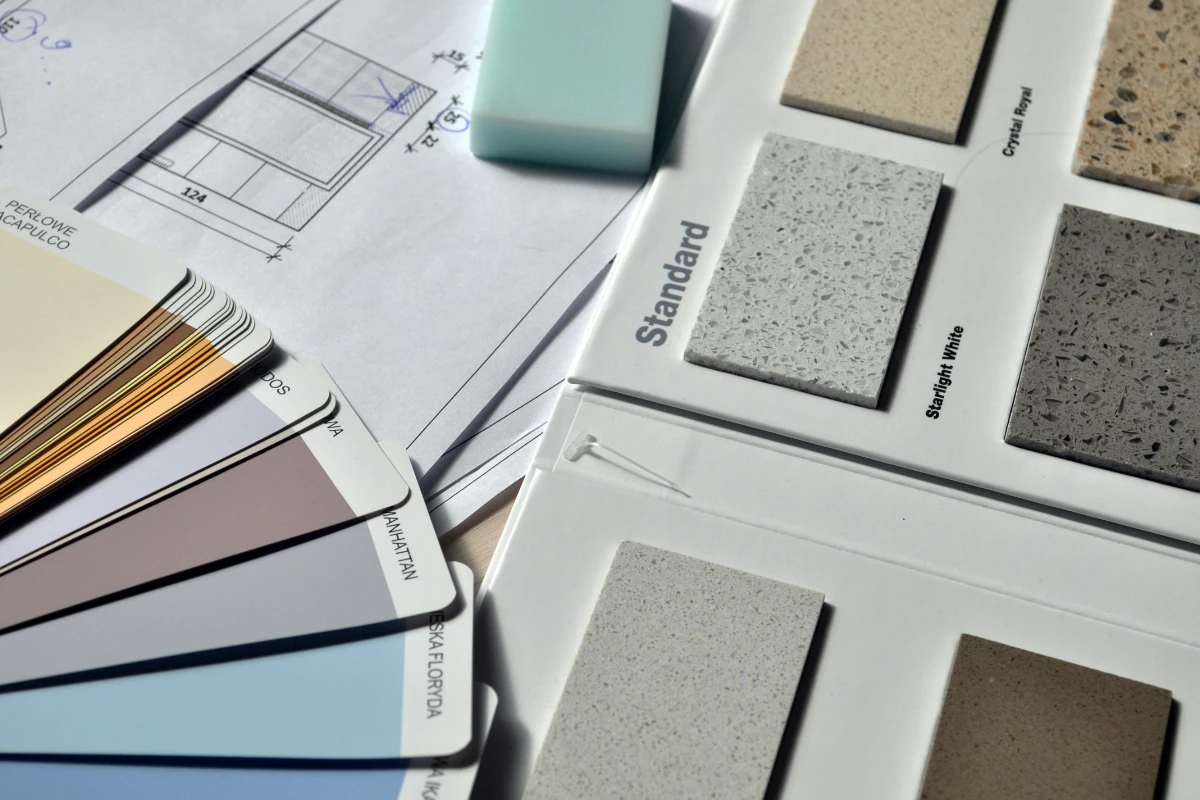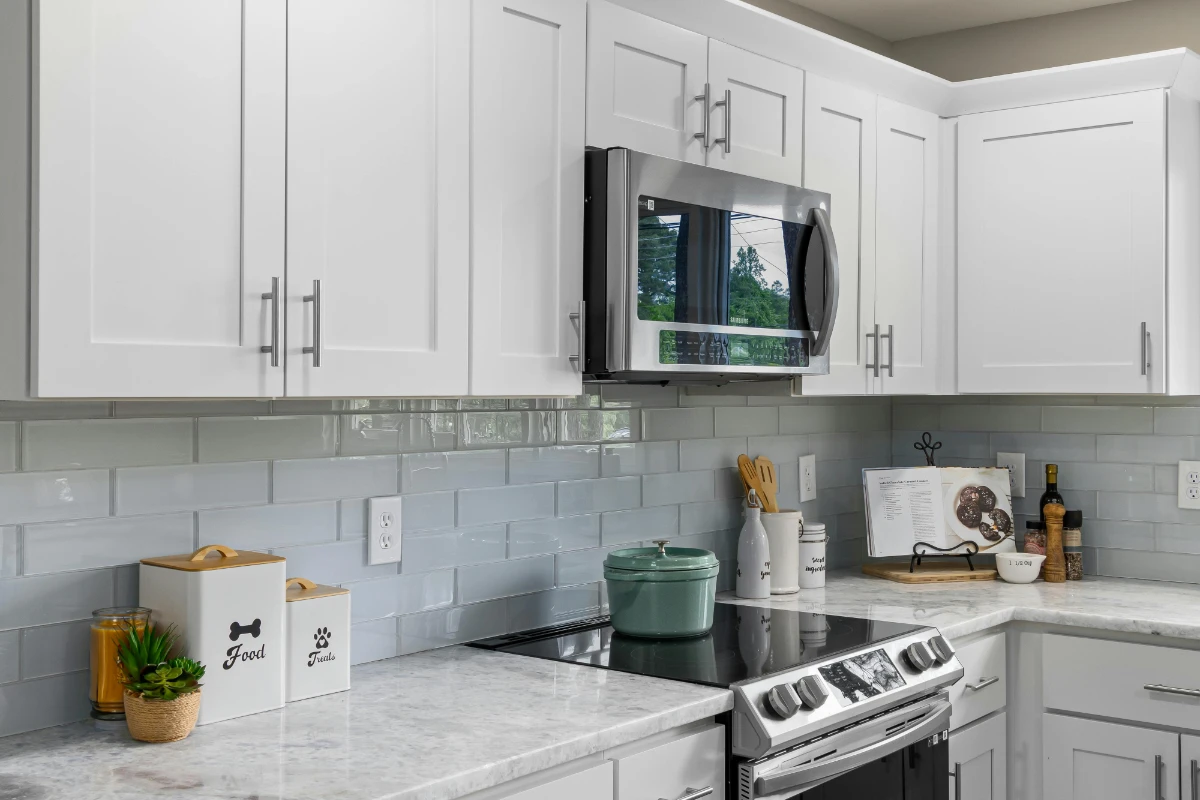Renovating a home can be an exciting yet daunting task, especially for first-time homeowners. Proper budgeting is crucial to ensure the project stays on track and within financial constraints. Here are some comprehensive and updated strategies to help you effectively budget for home renovations, ensuring a smooth and successful transformation of your living space.

Understanding the Scope of Your Renovation
Before diving into any renovation project, it’s essential to have a clear understanding of what you want to achieve. This involves defining the scope of the renovation, identifying which areas of your home require attention, and setting realistic goals.
Assessing Needs and Wants: Start by making a list of necessary repairs and improvements versus desired upgrades. Prioritize projects that address safety and structural issues, such as electrical updates or roof repairs, before moving on to aesthetic changes.
Detailed Planning: Develop a detailed plan that outlines every aspect of the renovation. This should include design elements, materials, labor requirements, and any potential permits needed. The more detailed your plan, the easier it will be to create an accurate budget.
Setting a Realistic Budget
A well-thought-out budget is the backbone of any successful renovation. It’s important to be realistic about what you can afford and to account for all potential expenses.
Research Costs: Conduct thorough research to understand the current market rates for materials and labor. Prices can vary significantly based on location and quality, so obtaining multiple quotes from contractors can help ensure you’re getting a fair deal.
Include Contingencies: Renovations often come with unexpected costs. It’s wise to set aside an additional 10-20% of your total budget as a contingency fund. This will cover any unforeseen expenses and help avoid financial strain.
Financing Options: Explore various financing options if your budget exceeds your savings. Home equity loans, personal loans, or renovation-specific credit lines can provide the necessary funds. Be sure to compare interest rates and terms to find the best option for your financial situation.
Selecting the Right Contractors
Choosing the right contractors can make or break your renovation project. It’s essential to select professionals who are experienced, reliable, and within your budget.
Research and Referrals: Start by asking for recommendations from friends, family, or neighbors who have undergone similar renovations. Online reviews and ratings on platforms like Yelp or Angie’s List can also provide insights into a contractor’s reputation.
Get Multiple Quotes: Obtain detailed quotes from at least three contractors. Ensure each quote outlines the scope of work, materials, labor costs, and timelines. This will allow you to compare options and choose the one that best fits your budget and needs.
Check Credentials: Verify that your chosen contractor is licensed, insured, and bonded. This protects you from liability in case of accidents or damages during the renovation. Additionally, check for any complaints or disciplinary actions with the local licensing authority.

Managing the Renovation Process
Once you’ve set a budget and selected your contractors, the next step is to manage the renovation process efficiently. This involves staying organized, communicating effectively, and keeping track of expenses.
Regular Communication: Maintain open lines of communication with your contractors. Regular updates and site visits can help ensure the project stays on track and any issues are promptly addressed.
Expense Tracking: Keep detailed records of all expenses, including receipts and invoices. This will help you stay within budget and provide documentation if any disputes arise with contractors or suppliers.
Flexible Scheduling: Be prepared for potential delays due to unforeseen circumstances such as weather or supply chain disruptions. Flexibility in your schedule can reduce stress and allow for a smoother renovation process.
Maximizing Value and Efficiency
To get the most out of your renovation budget, focus on improvements that add value to your home and enhance its efficiency.
Energy-Efficient Upgrades: Consider incorporating energy-efficient features such as LED lighting, smart thermostats, and high-efficiency appliances. These upgrades can reduce utility bills and make your home more attractive to future buyers.
Sustainable Materials: Opt for sustainable and durable materials like bamboo flooring, recycled glass countertops, or low-VOC paints. These environmentally friendly options can add to your home’s value and longevity.
High-Impact Areas: Focus on high-impact areas like the kitchen and bathrooms. These spaces tend to yield the highest return on investment. Simple upgrades like modern fixtures, updated cabinetry, and fresh paint can make a significant difference.

Cost Breakdown Table for Common Renovation Projects
| Renovation Project | Estimated Cost (USD) | Potential ROI | Key Considerations |
|---|---|---|---|
| Kitchen Remodel | $10,000 – $30,000 | 60% – 80% | Focus on functionality, high-quality materials |
| Bathroom Remodel | $5,000 – $15,000 | 60% – 70% | Update fixtures, use moisture-resistant materials |
| Flooring Replacement | $3,000 – $10,000 | 70% – 80% | Choose durable, stylish flooring options |
| Exterior Improvements | $2,000 – $8,000 | 50% – 75% | Enhance curb appeal with landscaping, new siding |
| Energy-Efficient Windows | $300 – $1,000 per window | 70% – 80% | Improves insulation, reduces energy costs |
By following these comprehensive tips and strategies, first-time homeowners can successfully budget for home renovations. Proper planning, realistic budgeting, and careful management are key to transforming your home without financial stress. Embrace these guidelines to achieve a beautiful, functional, and valuable living space.